Faculty and student researchers from across the Texas A&M University System involved in National Laboratory developments.
March 15, 2021
Meet Jeffery Tomberlin, Ph.D., Professor, AgriLife Research Fellow, & Presidential Impact Fellow in the Department of Entomology. His greatest passion is making discoveries that explain the world, but also lead to 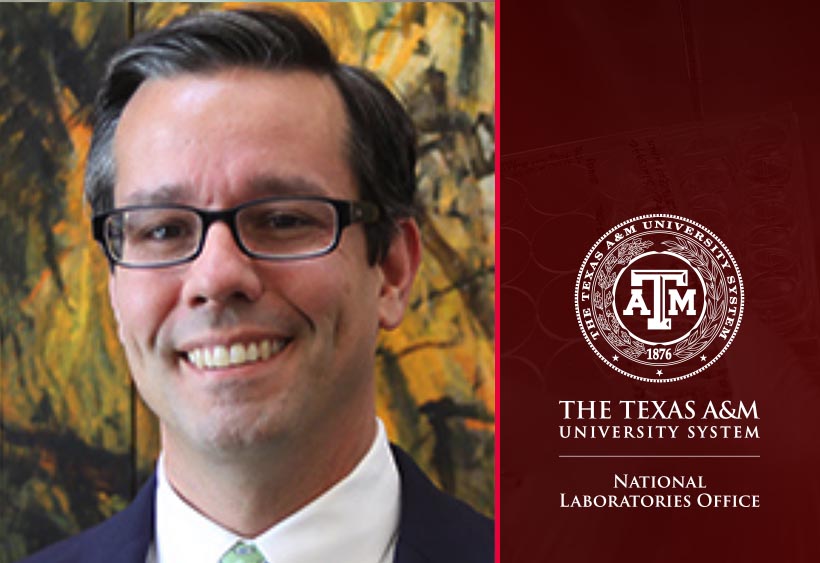 applications that benefit humanity.
applications that benefit humanity.
Tomberlin is collaborating on a project with Aaron Tarone, Ph.D. from the TAMU Department of Entomology and researchers at Los Alamos National Laboratory, focused on how developing carrion flies interact with their microbiomes. Tomberlin shared, “I truly appreciate the quality of researcher and infrastructure available through the national laboratories. Through these resources, opportunities are created that simply do not exist otherwise.” He also appreciates that the opportunity to work with the national laboratories connects faculty and students with the world.
His advice for students who are interested in pursuing a career in research is, “Think outside the box and be bold! The national laboratories present opportunities to pursue research that is very much on the cutting edge.”
March 12, 2021
Meet Changkyu Kim, a first-generation Aggie from Busan in South Korea. He is a graduate student in the Department of Materials Science and Engineering, studying under Dr. Castaneda-Lopez. He is currently involved in materials science research related to corrosion and protective coatings. His research focuses on smart coating application with self-healing functionality. When he completes his doctoral program, he would like to continue contributing to applied research in materials advancements.
He enjoys all of his work as part of the corrosion group, but for Kim, “the best moments would be figuring out why and how the corrosion initiates and proceeds and providing scientific reasoning that properly illustrates such phenomena.”
March 10th, 2021
Meet Homero Castaneda-Lopez, Ph.D., Director of the National Corrosion & Materials Reliability Laboratory and Associate Professor of Materials Science and Engineering. His greatest passion is creating concepts, ideas and components that are useful to people in everyday 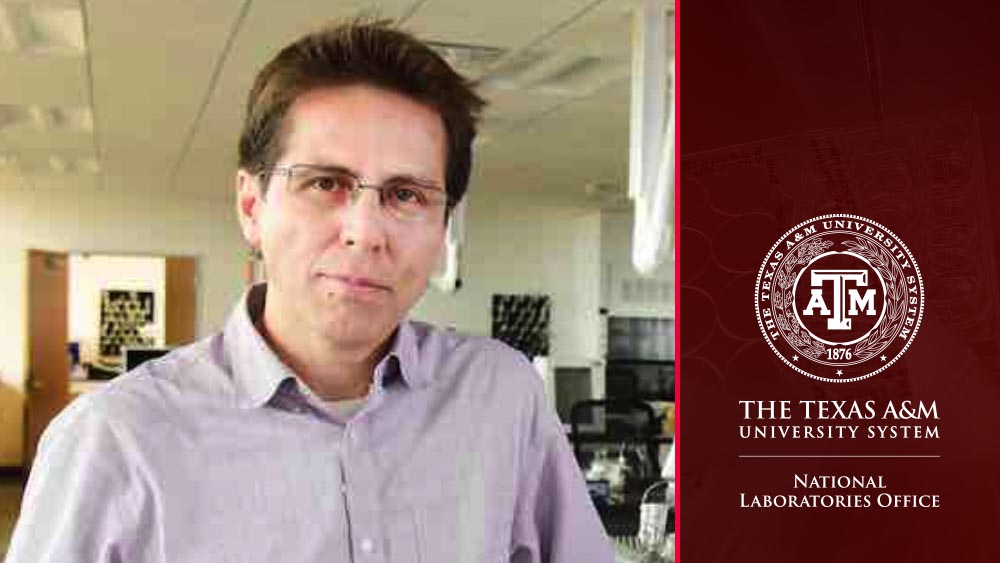 life.
life.
He appreciates the level of detail in research and pursuit of knowledge that comes through working with the national laboratories. He discussed how the university and the national labs bring unique equipment, facilities and perspectives to collaborations, with different approaches working toward a common goal. He shared that, “The topics and working environment [the national labs] bring with multidisciplinary teams are key aspects that make the collaboration interesting and challenging.”
He advises students who are interested in pursuing careers in research to, “Have passion and patience” which will fuel their pursuit of unique and rewarding accomplishments.
March 2nd, 2021
Meet Lin Shao, Ph.D., Professor and Faculty Undergraduate Advisor in Nuclear Engineering. His greatest passion as a researcher comes from freedom and wisdom of research academic fields. As a professor, he can share his passion through mentoring students, and he enjoys watching them grow over time.
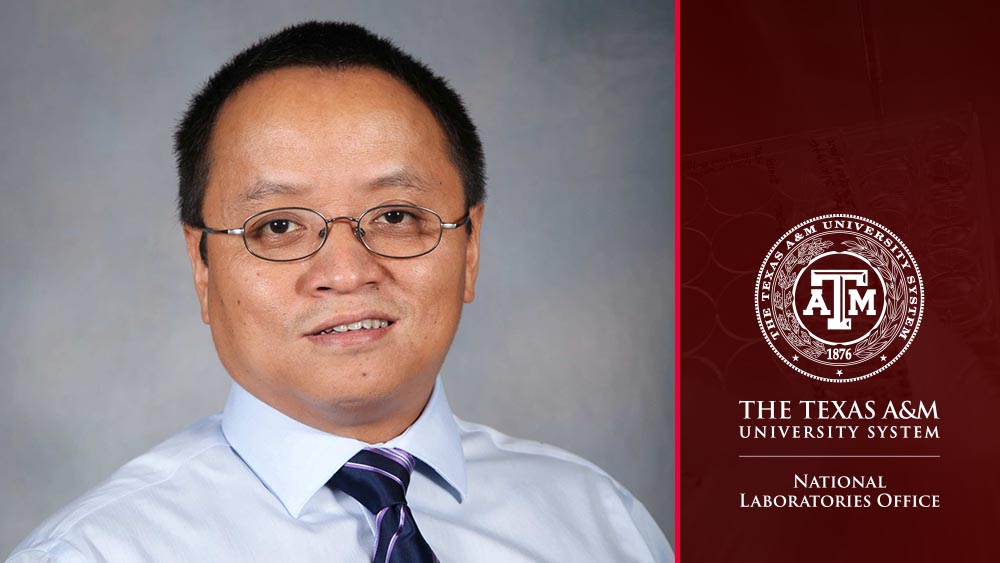 He appreciates how the research performed at the national labs is aligned with their missions. He appreciates learning from the national labs and that collaboration provides him the opportunity to realign and adjust his own research efforts for greater impact. He explained, “Working together, we benefit from mission-oriented research and objective-oriented training. The largest benefits are for students who see a career path with a more visible goal, more excitement, and pride.”
He appreciates how the research performed at the national labs is aligned with their missions. He appreciates learning from the national labs and that collaboration provides him the opportunity to realign and adjust his own research efforts for greater impact. He explained, “Working together, we benefit from mission-oriented research and objective-oriented training. The largest benefits are for students who see a career path with a more visible goal, more excitement, and pride.”
His advice to students who are interested in pursuing a career in research is, “Being smart is not enough […] The journey toward final career success requires efforts to incrementally reshape the way of thinking and overcome challenges on an almost daily basis. Of course, passion is the key.”
February 1st, 2021
Meet Aaron Tarone, Ph.D., Professor and Program Director of the Forensic and Investigative Sciences Program for the Department of Entomology. Tarone enjoys learning about how an organism’s life history impacts their interactions with other organisms. These interactions impact several areas, including medicine, decomposition ecology, and forensic science.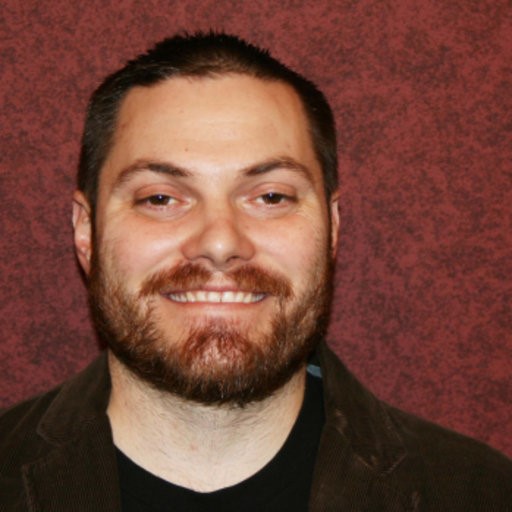
One aspect of his research is connected to how developing carrion flies interact with their microbiomes, which connects to research funded with Los Alamos National Laboratory (LANL). He is excited about the possibility of getting from a good idea to a potential application through the collaboration with Los Alamos. He also feels that the TAMU and LANL researchers have good chemistry.
In their collaborative project, Tarone explained that TAMU researchers have access to samples and can do some experiments that they cannot do at LANL and vice versa. Also, LANL has an excellent bird monitoring program that has documented blow flies in some bird nests. He stated, “I also look forward to learning genomic analyses from the LANL team. Both groups have different scientific networks, which I suspect will begin to benefit both groups as our work together progresses.”
For students who are interested in pursuing a career in research, Tarone explained that people are paying attention to their body of work, not just one project. Thus, it is important to pay attention to how the work will be received by others, so students improve and refine how they present their work to colleagues and he reminds them that, “many successful scientists do not work on a 9-5 work schedule – people in science careers that have an independent drive to do the work seem happiest to me.”
January 29th, 2o21
Miguel Pena is a first-generation Aggie from Rio Grande City, TX. When he graduates, he woul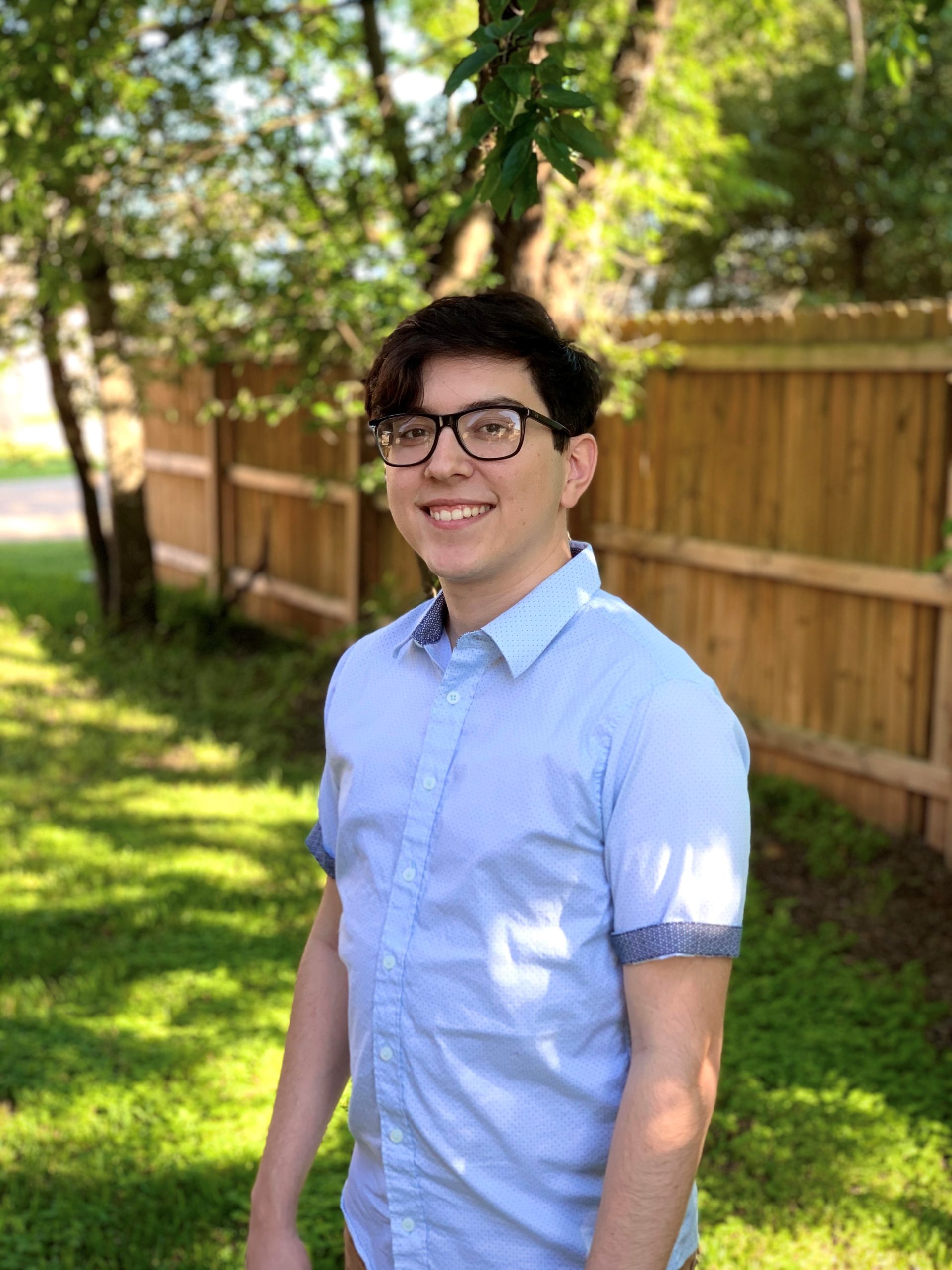 d like to continue doing research at a national laboratory. He is currently involved in additive manufacturing research, which includes 3D printing.
d like to continue doing research at a national laboratory. He is currently involved in additive manufacturing research, which includes 3D printing.
This type of manufacturing allows for faster and more affordable production of parts. It is of particular interest to the nuclear industry, but there is little known about the effects of radiation on the parts produced through this method. Miguel’s research involves investigating those effects using the accelerator facilities at TAMU to simulate neutron irradiation with ion bombardment. Miguel shared, “I enjoy the fact that most days I am learning something new or doing something different.”
January 25th, 2021
Meet Michael Demkowicz, Ph.D., Associate Professor and Director 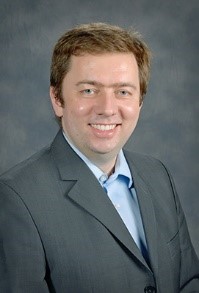 of Graduate Programs in Materials Science & Engineering and Director of the Center for Research Excellence on Dynamically Deformed Solids (CREDDS).
of Graduate Programs in Materials Science & Engineering and Director of the Center for Research Excellence on Dynamically Deformed Solids (CREDDS).
Demkowicz’s greatest professional passion is leading the development of materials that make new technology, such as energy from nuclear fusion, possible. He shares that making important advances in materials science requires him to think big, which is a major aspect of working with the national labs.
He stated, “By working with national labs, I get to be involved with big projects that have continuity beyond the duration of a PhD thesis. By working with me, national labs get access to talented young students, who bring new ideas to the table and are potential future hires for the labs.”
An important part of his work is his leadership role in CREDDS, a multi-university center led by TAMU which contributes to our understanding of materials science fundamental to maintaining the U.S. nuclear deterrent. Additionally, they set out to train the next generation of scientists and engineers who will ensure the safety, security and effectiveness of the nuclear weapons stockpile.
January 22nd, 2021
Meet Jacob Martinez, a first-generation aggie at West Texas A&M University and intern at Pantex. He is originally from Amarillo Texas and would like to work in research and development in the aerospace, defense, or energy industries after graduation.
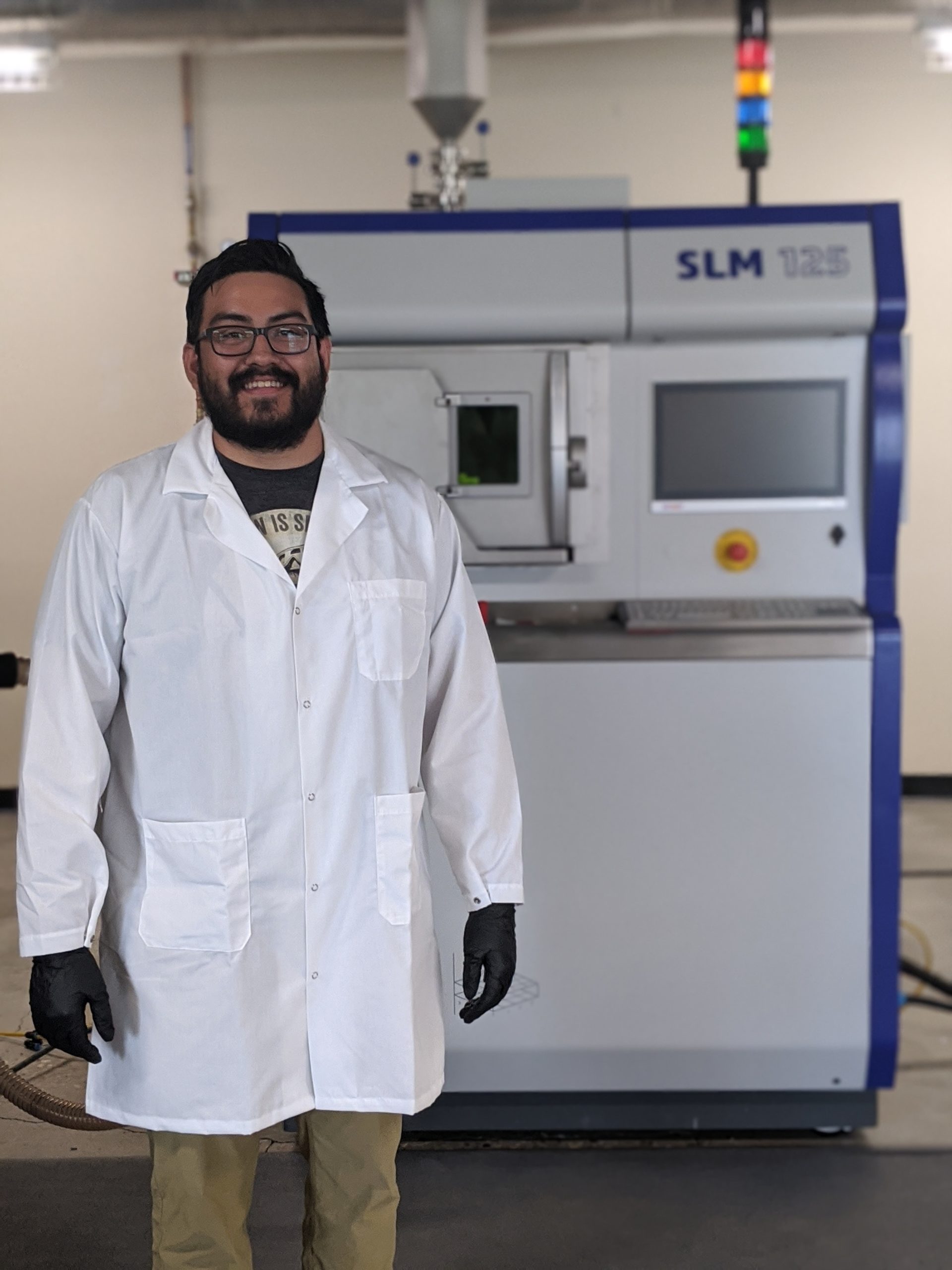 Martinez explained, “working alongside the professionals at Pantex has afforded me the opportunity to understand how research and development is conducted and has helped me gain some skills that make a career in research and development accessible to me.”
Martinez explained, “working alongside the professionals at Pantex has afforded me the opportunity to understand how research and development is conducted and has helped me gain some skills that make a career in research and development accessible to me.”
His research involves evaluating in-situ process monitoring systems in selective laser melting (SLM). He explained that the knowledge base of SLM and other similar additive manufacturing technologies are progressing quickly and may have a firm place in a variety of industries in the future.
His internship has also provided him experience with state-of-the-art technology, which he shared is the most exciting part of his internship. He stated, “the thought that my contribution to this project may increase the knowledge base of additive manufacturing is an exciting and humbling prospect.”
January 11th, 2021

Meet Matt Jackson, Ph.D., Bell Professor of Mechanical Engineering and Associate Dean of the College of Engineering at West Texas A&M University (WTAMU). His greatest professional satisfaction comes in developing new ideas and technology that inspire and inform students in the lab and the classroom.
WTAMU has a long history of collaboration and partnership with Pantex and national security work. The variety of collaborative research has included explosive technology, wildlife management, cybersecurity, acoustics and additive manufacturing. Many WTAMU graduates are employed at Pantex as interns or upon graduation.
The internships provide students real world experience and an opportunity to apply their knowledge from the classroom. Jackson also pointed out that these opportunities also expose students to problems on a scale and with implications that they had never before imagined.
For students thinking about careers in research, he shared that, “Research is literally developing the technologies and ideas for the future! How is that not inspiring?! For students that like to think a bit outside the box, of what might can be, and enjoy open ended questions and pursuits – research is the place to be.”
